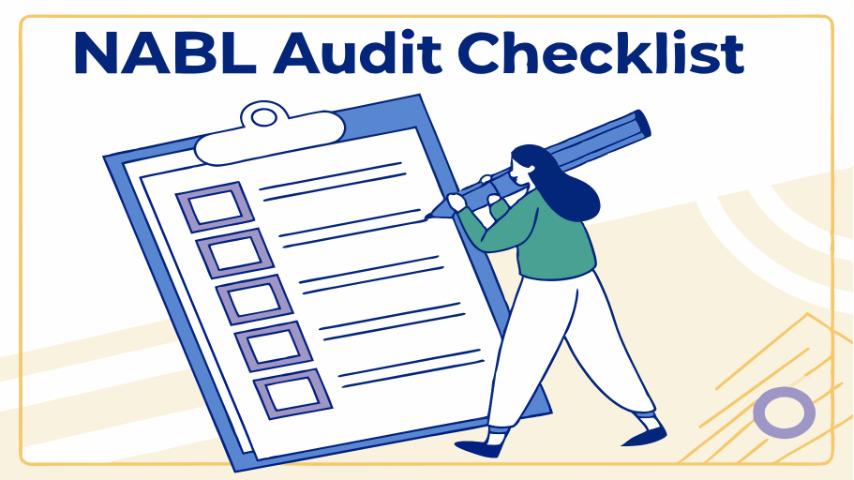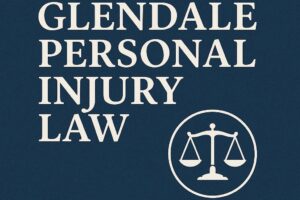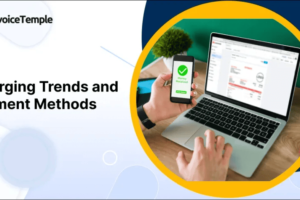Creating effective audit questions is crucial for conducting thorough assessments and evaluations across various industries. Whether you’re preparing for a quality management system audit, developing a NABL audit checklist, or conducting an internal review, the right questions can make the difference between surface-level findings and meaningful insights.
Understanding the Fundamentals of Audit Questions
Audit questions serve as the foundation for gathering evidence and evaluating compliance with standards, procedures, and requirements. Well-crafted questions help auditors collect relevant information systematically while maintaining objectivity throughout the audit process.
Key Principles of Writing Audit Questions
When developing audit questions, consider these essential principles:
- Objectivity: Questions should be neutral and unbiased, avoiding any predetermined conclusions
- Clarity: Use simple, straightforward language that leaves no room for misinterpretation
- Relevance: Each question should directly relate to the audit objectives and scope
- Measurability: Questions should elicit responses that can be verified and evaluated
- Completeness: Cover all necessary aspects of the process or system being audited
Types of Audit Questions
Open-ended Questions
Open-ended questions encourage detailed responses and help auditors gather comprehensive information. These questions typically begin with:
- What processes are in place for…?
- How do you ensure…?
- Can you describe…?
- What methods are used to…?
Closed Questions
Closed questions verify specific requirements and typically result in yes/no answers:
- Is there a documented procedure for…?
- Has the equipment been calibrated according to…?
- Do you maintain records of…?
Probing Questions
These questions dig deeper into initial responses:
- What evidence supports this approach?
- How frequently is this reviewed?
- What actions are taken when deviations occur?
Structuring Your Audit Questions
The Logical Flow Approach
Organize your questions in a logical sequence:
- Start with broad, general questions about the process
- Move to specific operational details
- Follow up with compliance verification
- Conclude with improvement opportunities
Using the SMART Framework
Make your audit questions SMART:
- Specific: Target precise aspects of the process
- Measurable: Enable quantifiable or verifiable responses
- Achievable: Focus on realistic expectations
- Relevant: Align with audit objectives
- Time-bound: Consider temporal aspects when applicable
Best Practices for Writing Effective Audit Questions
Do’s:
- Use clear, concise language
- Focus on one topic per question
- Include reference to relevant standards or requirements
- Allow for detailed responses when needed
- Consider the auditee’s perspective
Don’ts:
- Avoid complex, compound questions
- Don’t use technical jargon unless necessary
- Never include leading questions
- Avoid ambiguous terms
- Don’t make assumptions
Developing a NABL Audit Checklist
When preparing for laboratory accreditation, a comprehensive NABL audit checklist is essential. Your questions should address:
Management Requirements
- Quality system documentation
- Personnel competency records
- Internal audit procedures
Technical Requirements
- Equipment calibration records
- Method validation documentation
- Measurement uncertainty calculations
Quality Control
- Proficiency testing participation
- Quality control procedures
- Corrective action systems
Special Considerations for Different Audit Types
Quality Management System Audits
- Focus on process effectiveness
- Verify documentation compliance
- Assess continuous improvement
Environmental Audits
- Evaluate regulatory compliance
- Check environmental impact measures
- Review sustainability practices
Financial Audits
- Examine financial controls
- Verify transaction accuracy
- Assess risk management
Common Challenges and Solutions
Challenge 1: Limited Responses
Solution: Rephrase questions to encourage detailed answers and use appropriate follow-up questions.
Challenge 2: Inconsistent Evidence
Solution: Include questions that verify information through multiple sources and methods.
Challenge 3: Time Constraints
Solution: Prioritize questions based on risk and importance to audit objectives.
Tips for Implementing Audit Questions
- Pilot test your questions before the actual audit
- Review and update questions based on previous audit findings
- Maintain flexibility to adapt questions during the audit
- Document the rationale behind key questions
- Consider cultural and language differences
Q: How many questions should an audit include?
A: The number varies based on scope and complexity, but focus on quality over quantity. Ensure comprehensive coverage while maintaining efficiency.
Q: Should audit questions be shared with auditees beforehand?
A: It depends on the audit type and objectives. Some questions can be shared to help preparation, while others might need to be kept confidential.
Q: How often should audit questions be reviewed and updated?
A: Review questions annually or when significant changes occur in processes, standards, or requirements.
Q: What’s the best way to handle unexpected findings during an audit?
A: Prepare flexible follow-up questions and maintain an open mind to explore new areas of concern.
Q: How do you ensure consistency across different auditors?
A: Develop standardized question sets and provide training on their interpretation and use.
Measuring Audit Question Effectiveness
Key Performance Indicators
Response Quality
- Completeness of responses
- Evidence quality
- Follow-up requirements
Audit Efficiency
- Time per question
- Coverage of audit scope
- Resource utilization
Finding Quality
- Significance of findings
- Actionable recommendations
- Root cause identification
Conclusion
Writing effective audit questions is both an art and a science. Success requires careful planning, clear communication, and continuous improvement. Remember that the ultimate goal is to gather meaningful information that supports the audit objectives and drives improvement.
Keep these key takeaways in mind:
- Focus on clarity and objectivity
- Maintain alignment with audit objectives
- Consider the auditee’s perspective
- Regular review and updates are essential
- Use appropriate question types for different situations
By following these guidelines and continuously refining your approach, you can develop audit questions that facilitate thorough and effective audits across any industry or domain.







